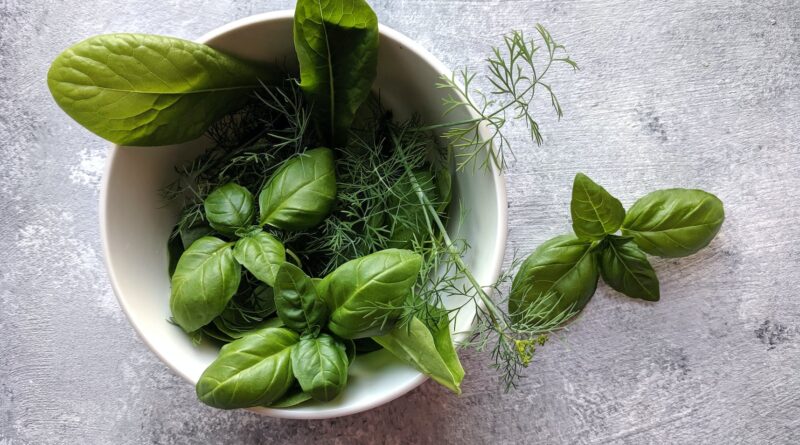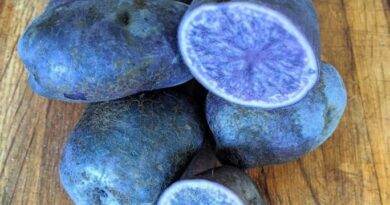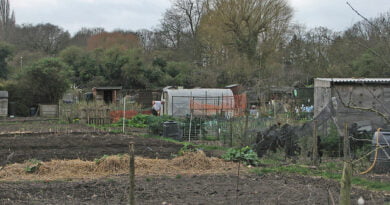Herb Gardening on Your Allotment: Key Varieties and Creative Uses
Herbs are a delightful and enriching addition to any allotment garden, offering a medley of fragrances, flavors, and vibrant greenery. These versatile plants bring aesthetic appeal to your garden while providing numerous health benefits and culinary opportunities. Many herbs are known for their medicinal properties, such as anti-inflammatory effects, digestive aid, and immune system support. Additionally, herbs can attract pollinators and beneficial insects, enhancing the biodiversity and vibrancy of your allotment.
In this blog post, we will delve into the captivating world of herb gardening on your allotment. From essential herbs to grow to the creative ways you can incorporate them into your daily life, we’ll explore how these plants can transform your garden and enhance your well-being. Let’s unlock the wonders of herb gardening and discover the full potential of these versatile plants.

- Essential Herbs for Your Allotment:
- Basil:
A classic herb with a fragrant aroma, basil is a must-have in any herb garden. It pairs perfectly with tomatoes and is a key ingredient in pesto sauces. There are various basil varieties to choose from, such as sweet basil, lemon basil, or Thai basil, each offering its own unique flavor profile. - Rosemary:
With its woody scent and robust flavor, rosemary is a hardy herb that adds depth to dishes like roasted vegetables, grilled meats, and homemade bread. It thrives in well-drained soil and requires minimal care, making it an ideal choice for allotment gardening. - Mint:
Refreshing and invigorating, mint is an herb that thrives in allotment gardens. It’s ideal for adding flavor to beverages like mojitos or mint juleps, as well as desserts like mint chocolate chip ice cream. Additionally, it can be used in savory dishes such as salads or Middle Eastern-inspired dishes like tabbouleh. - Thyme:
A versatile herb with a delightful earthy aroma, thyme is known for its culinary uses and pairs well with roasted meats, vegetables, and soups. It comes in various varieties, including common thyme, lemon thyme, and creeping thyme, each with its own subtle flavor nuances. - Parsley:
A staple in many cuisines, parsley is rich in vitamins and adds a fresh, vibrant touch to salads, soups, and pasta dishes. Both flat-leaf parsley and curly parsley varieties can be grown in your allotment garden, giving you options for different culinary applications.
- Basil:
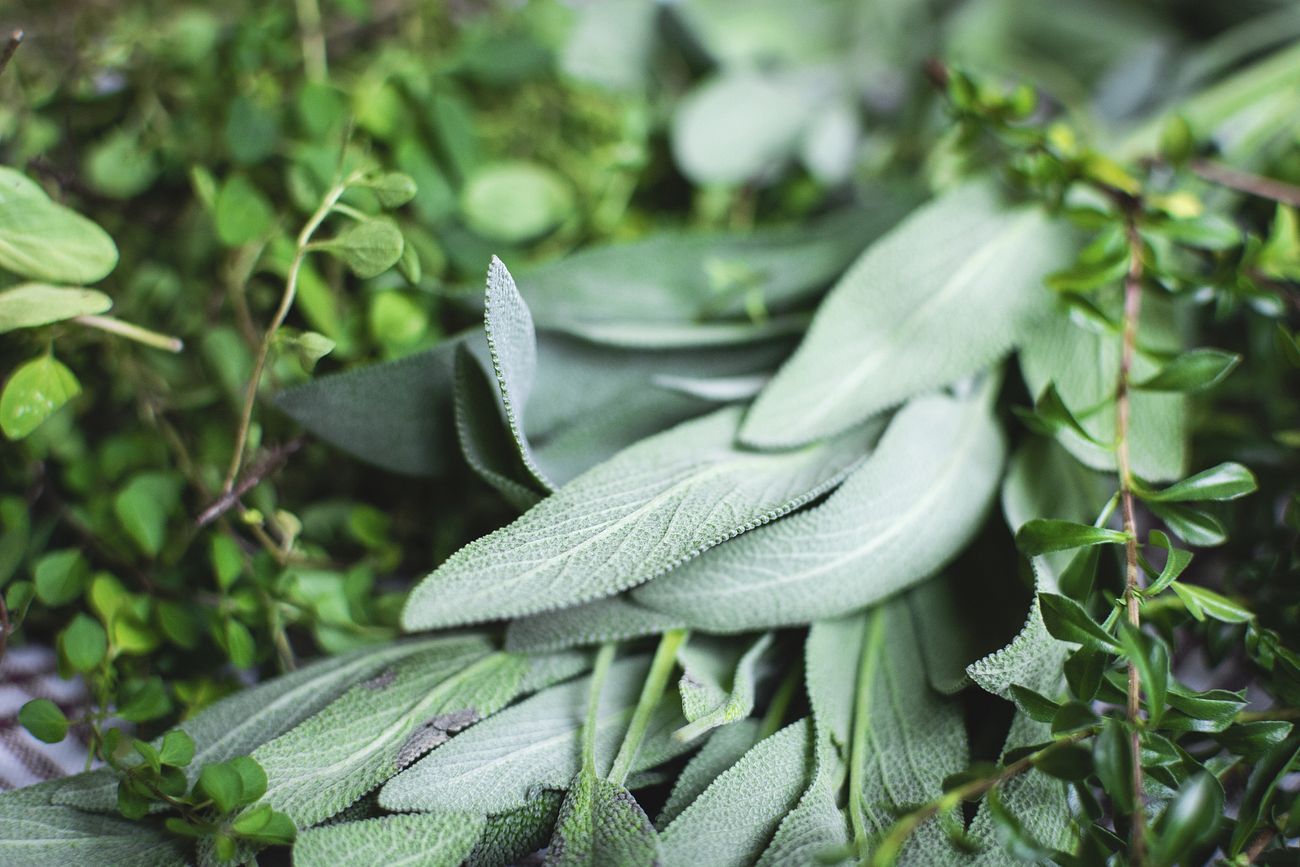
- Creative Uses for Your Herb Harvest:
- Culinary Delights:
Herbs are a chef’s best friend. Experiment with different flavor combinations by adding herbs to your favorite recipes. Infuse oils with herbs like rosemary or basil for a burst of flavor. Make herb butter by mixing chopped herbs into softened butter and use it to enhance the taste of grilled meats, roasted vegetables, or warm bread. - Herbal Teas and Infusions:
Harness the healing power of herbs by brewing your own herbal teas and infusions. Chamomile, lavender, and lemon balm are just a few herbs that can be enjoyed as soothing and aromatic beverages. Steep the fresh or dried herbs in hot water for a few minutes, strain, and enjoy the comforting flavors and calming effects. - Homemade Herbal Remedies:
Many herbs have medicinal properties that can be utilized to create natural remedies. Learn how to make herbal salves, tinctures, and balms for various ailments. For example, make a soothing lavender salve by infusing dried lavender flowers into a carrier oil and combining it with beeswax. This can be used topically to promote relaxation and soothe skin irritations. - Herbal Bath and Beauty Products:
Pamper yourself with herb-infused bath salts, homemade soaps, or herbal facial steams. Herbs like rosemary, lavender, and chamomile have soothing properties that can enhance your bathing and skincare rituals. Create herb-infused oils or add dried herbs to your bath salts for a fragrant and therapeutic experience. - Potpourri and Home Fragrances:
Dry and preserve your herb harvest to create aromatic potpourri or sachets. Display them in your home or give them as thoughtful homemade gifts. Mix dried herbs like lavender, rosemary, and lemon verbena with dried flowers, citrus peels, or spices to create beautiful and fragrant blends that will freshen up your living space.
- Culinary Delights:
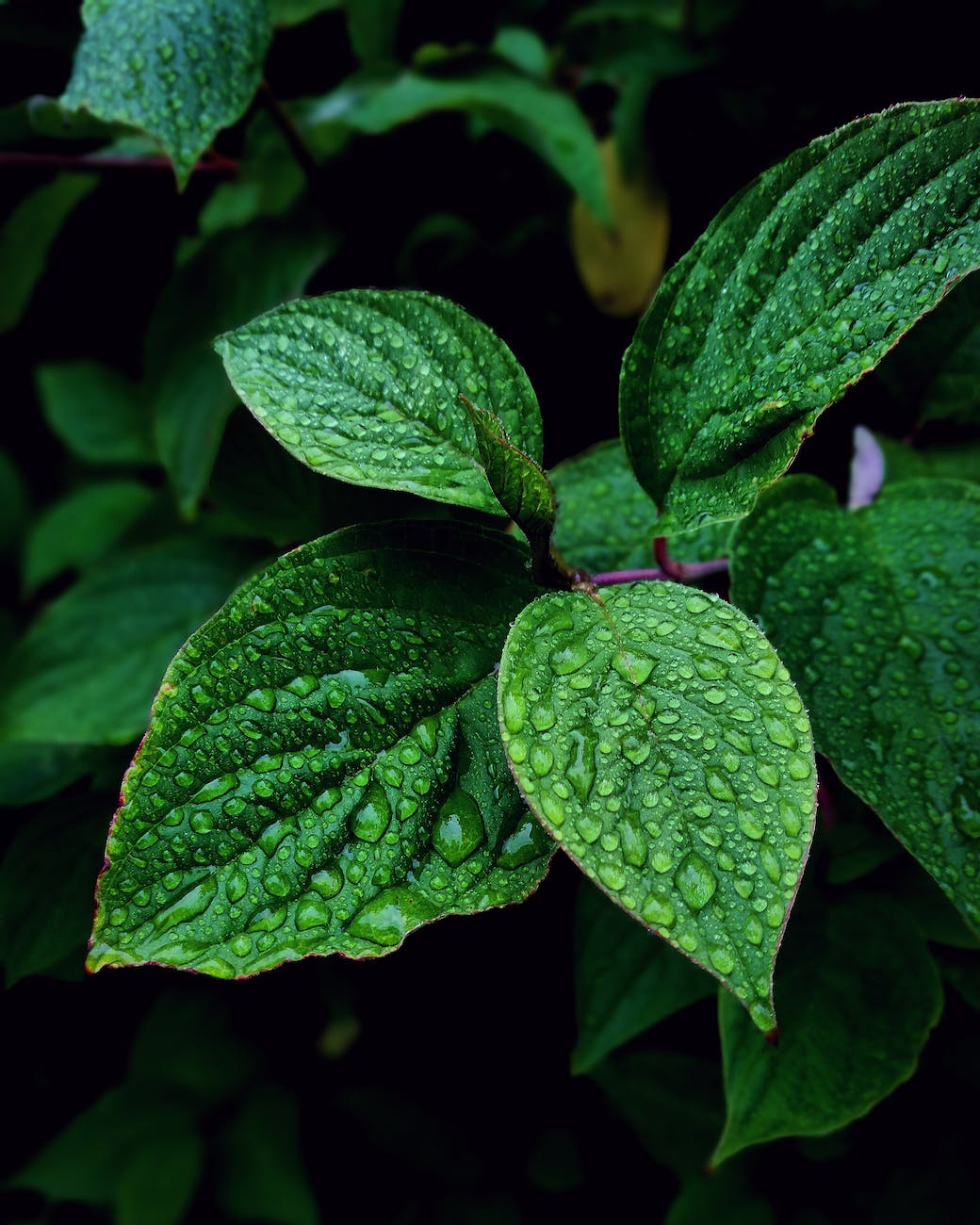
Herb gardening on your allotment is a gateway to a world of flavors, aromas, and creative possibilities. By cultivating essential herbs like basil, rosemary, mint, thyme, and parsley, you embark on a journey that goes beyond the boundaries of your garden. These herbs not only enhance the taste of your culinary creations but also offer medicinal properties and elevate your everyday experiences.
As you tend to your allotment, nurturing these herbs, you become part of a rich tradition that spans cultures and centuries. The satisfaction of harvesting fresh herbs from your own plot and incorporating them into your meals is unmatched. The vibrant colors, intoxicating scents, and robust flavors will transform your dishes into culinary masterpieces, impressing family and friends with each bite.
But herb gardening extends far beyond the kitchen. These aromatic plants offer a myriad of creative uses. From crafting homemade herbal teas and infusions to concocting natural remedies and beauty products, you can harness the power of herbs to enhance your well-being. A cup of soothing chamomile tea or a relaxing lavender-infused bath can transport you to a world of tranquility and rejuvenation.
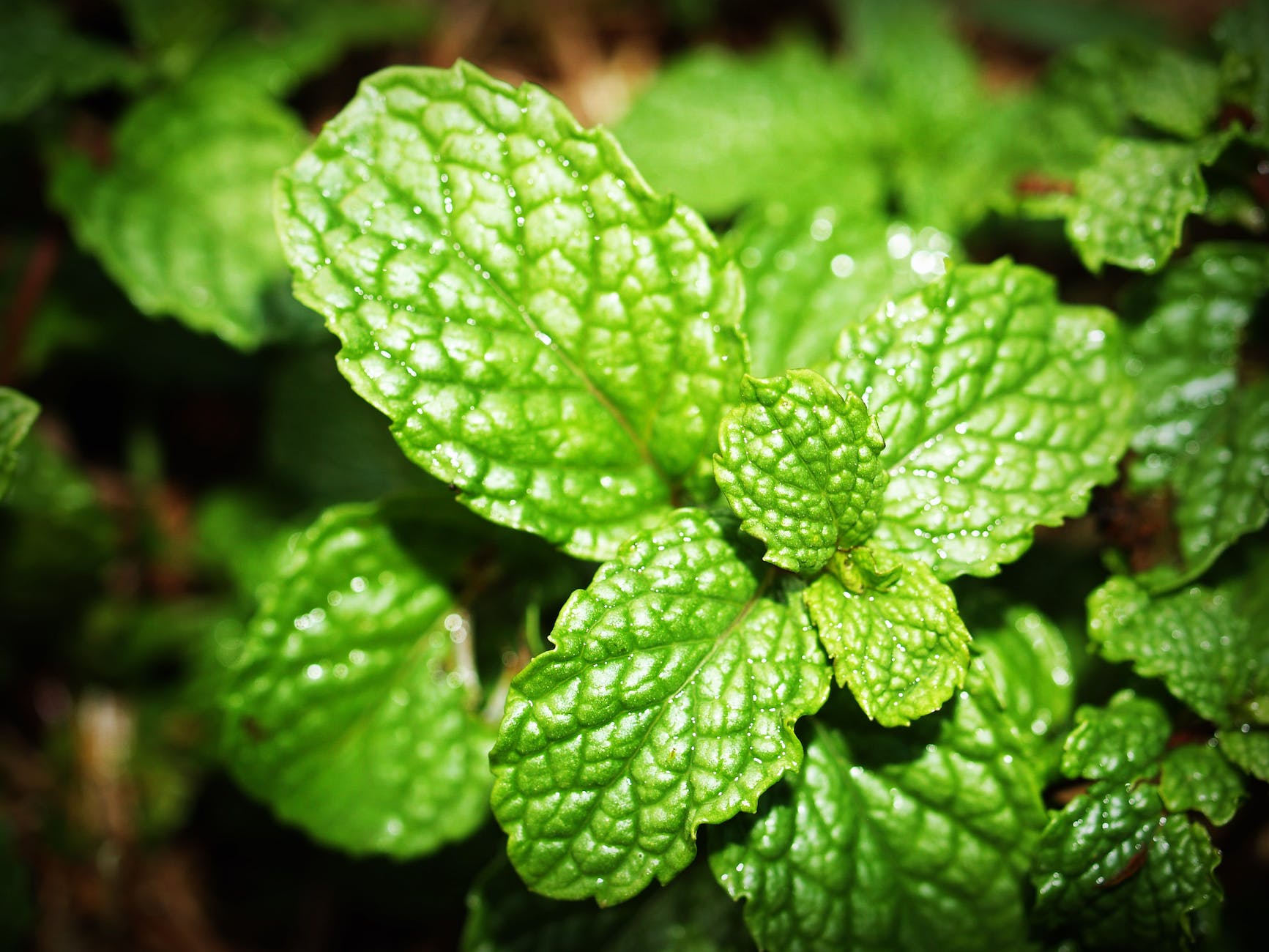
Herbs bring not only culinary and health benefits but also aesthetic appeal to your living space. Their lush foliage adds a pop of greenery to your garden, while their vibrant flowers can enhance the overall visual appeal. Dried and preserved herbs offer a way to capture their captivating fragrances for use in potpourri, sachets, or even herbal wreaths, infusing your home with the delightful scents of nature and elevating your home decor with a touch of natural elegance.
Herb gardening ignites your creativity as you explore new ways to incorporate herbs into your cooking, crafting, and health practices. Whether you are experimenting with new recipes or creating herbal remedies, the possibilities are endless. So, seize the opportunity to cultivate essential herbs and let them weave their magic into your culinary creations, wellness routines, and home ambiance. Your allotment will transform into a sanctuary of flavors, scents, and boundless creativity, enriching your life and connecting you with the timeless beauty of nature’s herbal treasures.

